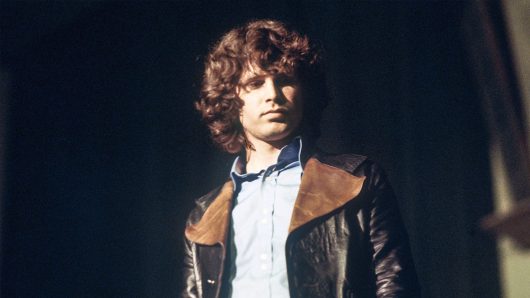As critics observe modern music’s ever-changing trends and mutating genres, they have often declared that “rock” is dead – or passé at least. Yet rock’n’roll’s primal beat has long since stamped its indelible impression on our lives, and no matter what its detractors say, rock music never really goes out of fashion. As Lou Reed once sagely noted, “You can’t beat two guitars, bass and drums,” so in that same spirit, Dig! salute the colossal contributions made by the 30 best rock bands of all time.
Listen to our Rock Classics playlist here, and check out our 30 best rock bands, below.
30: Grateful Dead
Arguably the greatest underground rock band of them all, Grateful Dead started out as counterculture figureheads and are forever synonymous with LSD and the late-60s hippie movement. However, those are merely the headlines, for while this legendary Californian band are known as the godfathers of acid rock, their love of The Beatles and The Beach Boys initially galvanised them into action, and their eclectic catalogue includes fantastic records such as Workingman’s Dead and American Beauty: pioneering, critically acclaimed forays into what we now usually term “Americana”.
Renowned for their relentless gigging (they are believed to have played 2,300 live shows prior to prime mover Jerry Garcia’s death in 1995), the Dead also adopted a revolutionary stance by encouraging their fans to bootleg their concerts. Such was the level of the group’s popularity, in 1993 they toured massive US arenas with no less a luminary than Sting as their opening act.
Must hear: Box Of Rain




